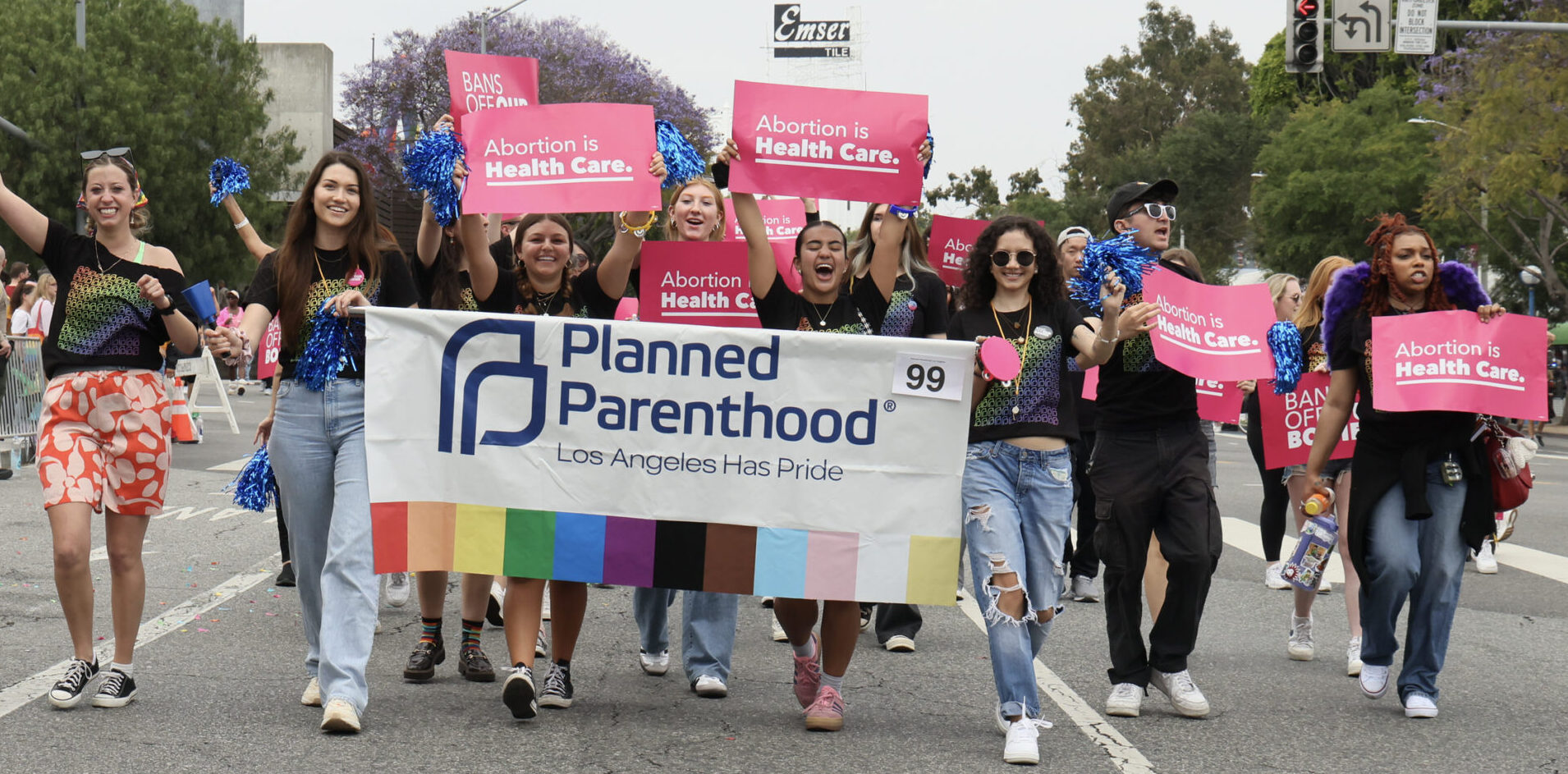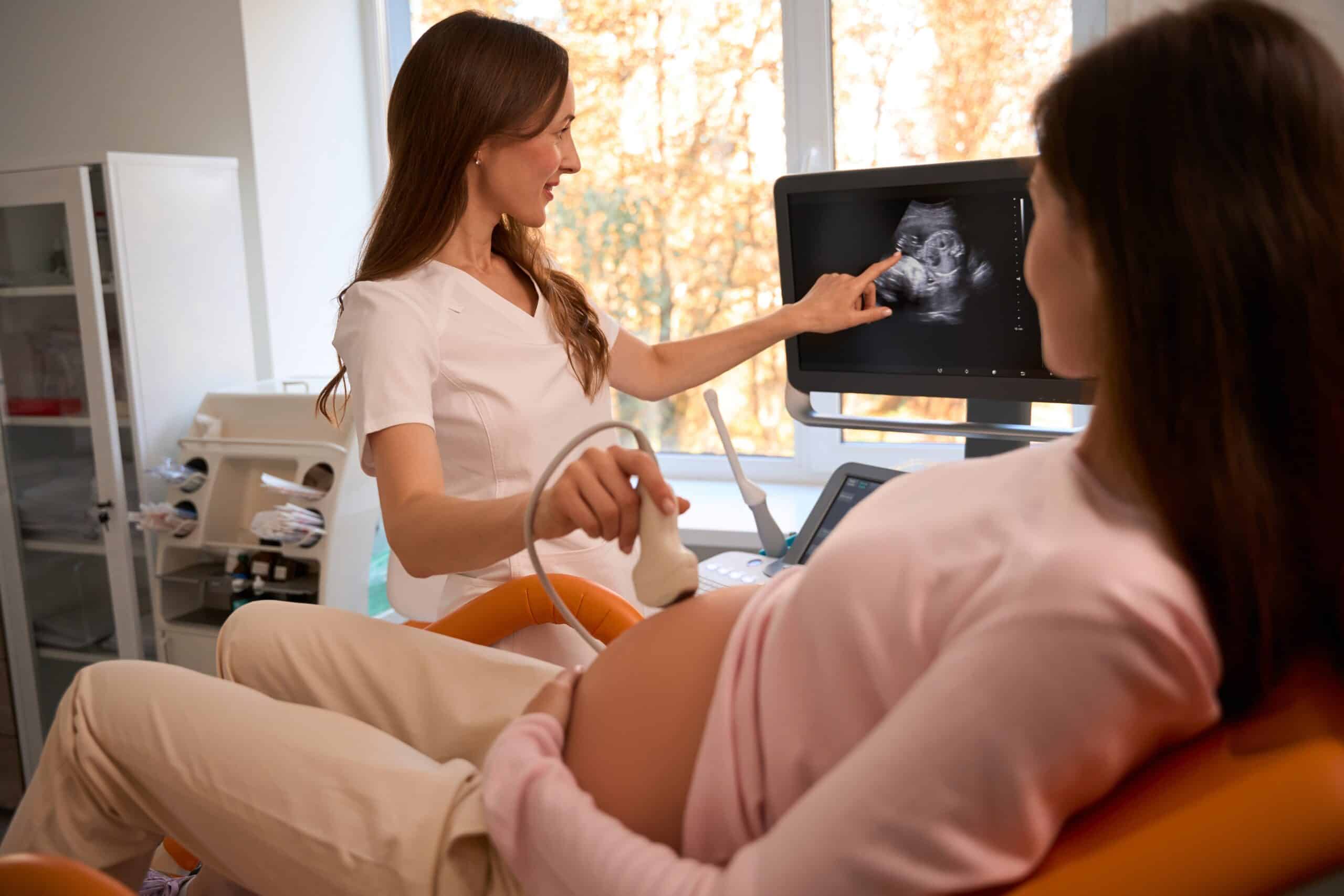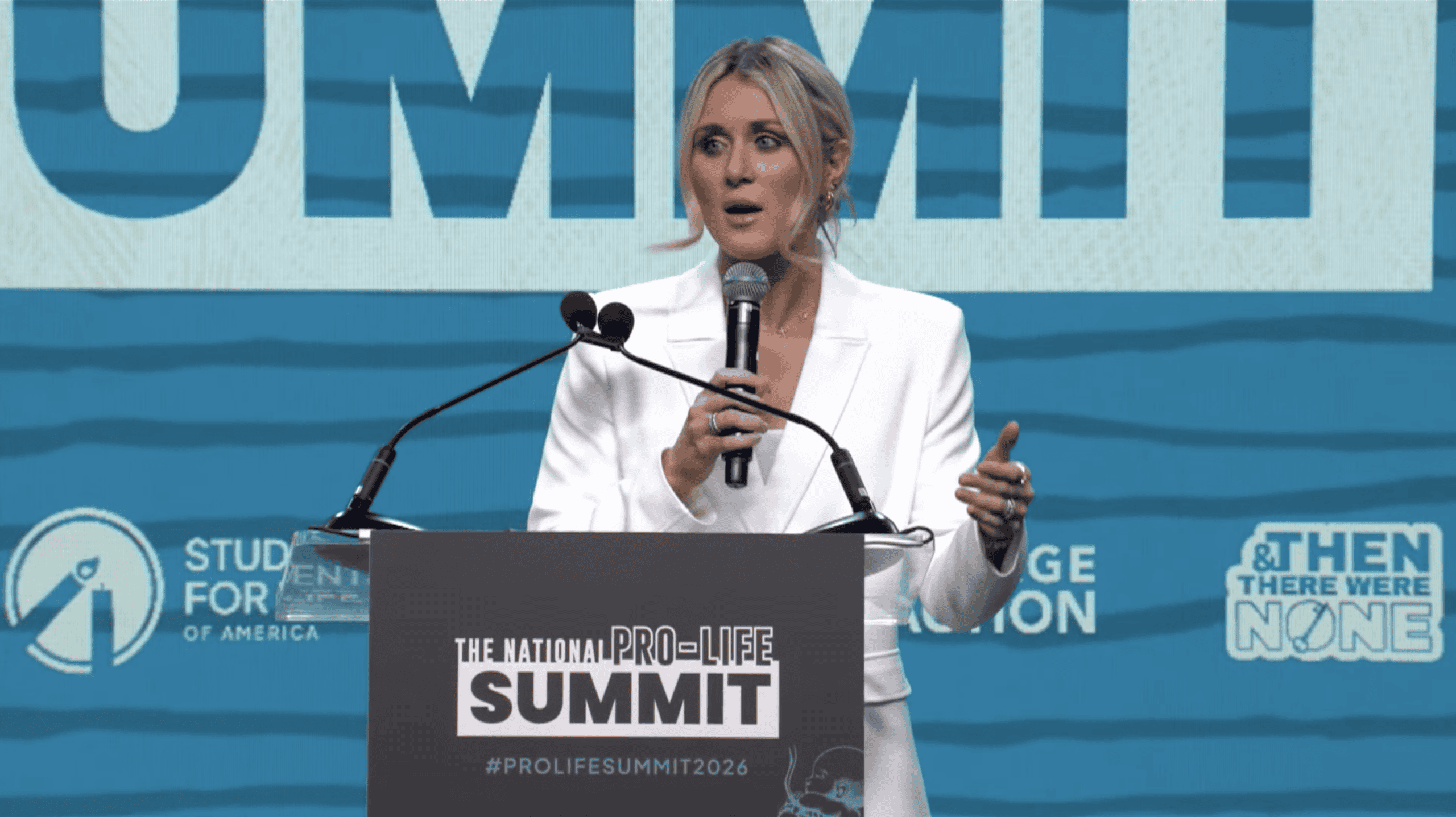Federal Judge Blocks Arizona’s Ban on Down Syndrome Abortions

The Arizona legislature’s effort to defend children with Down syndrome against discrimination includes those still in the womb. A recent law levying criminal penalties against doctors who knowingly perform abortions based solely on genetic abnormalities, as well as people who coerce pregnant women to obtain such an abortion or finance the procedure, was blocked this week by a federal judge.
It’s not all bad news, however. Other pro-life provisions in the law were allowed to stand for now, as the case proceeds to trial.
Senate Bill 1457 (SB1457) was passed earlier this year and signed into law by Arizona Governor Doug Ducey. It was set to take effect on September 29, until U.S. District Judge Douglas L. Rayes temporarily blocked its enforcement, saying that the part of the law prohibiting abortions based on genetic abnormalities posed an “undue burden” on women seeking an abortion. “Undue burden” was the standard created by the U.S. Supreme Court in the 1992 case of Planned Parenthood v. Casey.
“The mechanism Arizona has chosen is not designed to encourage women to choose childbirth,” the judge wrote, as reported by the Daily Independent. “It is designed to thwart them from making any other choice.”
But SB1457 doesn’t actually prevent a woman from aborting her Down syndrome child. As long as she doesn’t inform her abortionist about her reasons, the abortionist wouldn’t be liable under the statute. And under no circumstances could the mother be prosecuted under the law.
The Center for Arizona Policy, an ally of Focus on the Family, released a statement from its president, Cathi Herrod, Esq. criticizing the judge’s ruling.
“A predictable attack on a new pro-life law by abortion activists and the Arizona Medical Association has put one provision of the lifesaving law on hold while it is dragged through the courts,” Herrod said. “Meantime, preborn babies with genetic conditions like Down syndrome will lack the protection needed against discriminatory abortions.
“Today, U.S. District Court Judge Doug Rayes issued a mixed ruling in response to the abortion activists’ challenge to Arizona’s new law prohibiting abortions that discriminate against a preborn child diagnosed with genetic conditions like Down syndrome.”
Herrod hailed the portion of Rayes’ ruling that upheld other pro-life features of the law.
“In addition, the law’s other provisions will also take effect. This means the abortion industry will not be allowed to send the abortion pill through the mail, putting women in danger; the remains of aborted babies will be dignified by either being buried or cremated, and public universities will be prohibited from providing or referring abortions, sparing taxpayers the burden of funding abortions.”
Herrod says she remains confident that the law will ultimately be upheld in its entirety.
Lurking in the legal background, however, is the abortion case set to be argued December 1 before the justices of the U.S. Supreme Court. That case, Dobbs v. Jackson Women’s Health Organization, challenges the continuing validity of Roe v. Wade and Planned Parenthood v. Casey. Any decision in that case is likely to affect the ultimate outcome in Arizona’s case.
Please keep the justices in prayer as they consider the state of Mississippi’s arguments in Dobbs in support of its 15-week abortion ban, as well as the larger argument that Roe and Casey should be overturned.
Photo from Shutterstock.
ABOUT THE AUTHOR

Bruce Hausknecht, J.D., is an attorney who serves as Focus on the Family’s judicial analyst. He is responsible for research and analysis of legal and judicial issues related to Christians and the institution of the family, including First Amendment freedom of religion and free speech issues, judicial activism, marriage, homosexuality and pro-life matters. He also tracks legislation and laws affecting these issues. Prior to joining Focus in 2004, Hausknecht practiced law for 17 years in construction litigation and as an associate general counsel for a large ministry in Virginia. He was also an associate pastor at a church in Colorado Springs for seven years, primarily in worship music ministry. Hausknecht has provided legal analysis and commentary for top media outlets including CNN, ABC News, NBC News, CBS Radio, The New York Times, the Chicago Tribune, The Washington Post, The Washington Times, the Associated Press, the Los Angeles Times, The Wall Street Journal, the Boston Globe and BBC radio. He’s also a regular contributor to The Daily Citizen. He earned a bachelor’s degree in history from the University of Illinois and his J.D. from Northwestern University School of Law. Hausknecht has been married since 1981 and has three adult children, as well as three adorable grandkids. In his free time, Hausknecht loves getting creative with his camera and capturing stunning photographs of his adopted state of Colorado.
Related Posts

Reverend Jesse Jackson’s Uneven Evolution on Life
February 17, 2026

California Passes $90 Million Funding Bill for Planned Parenthood
February 17, 2026


